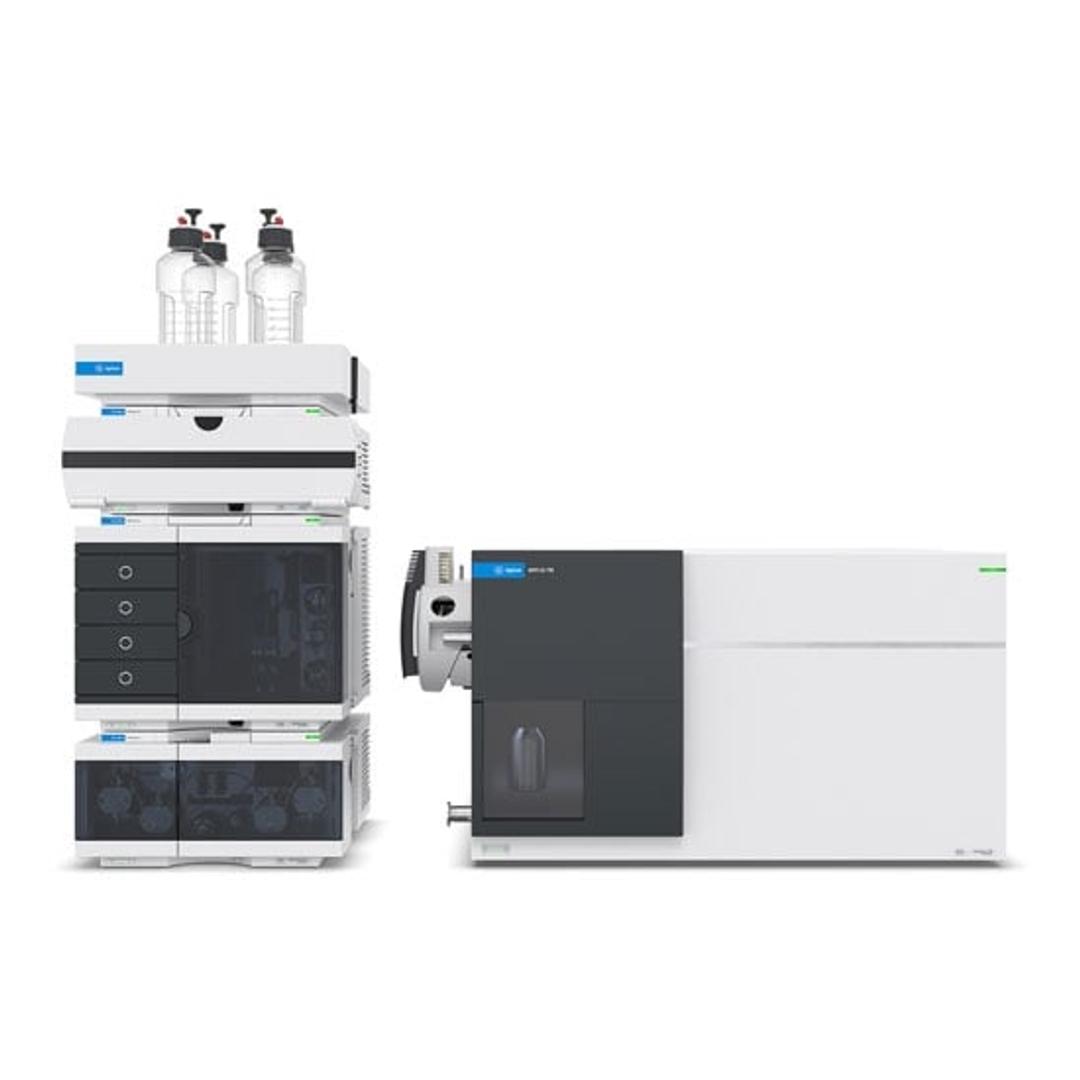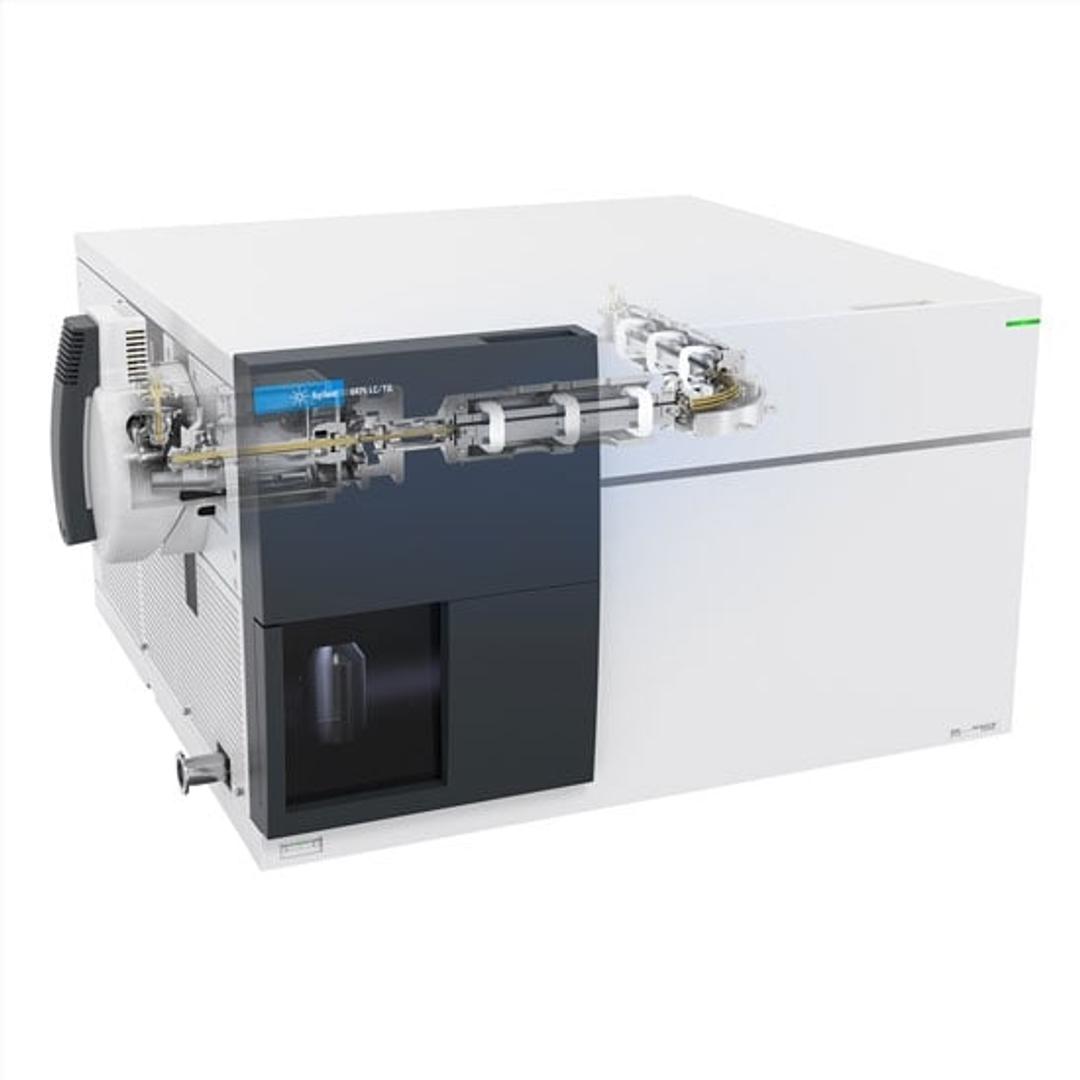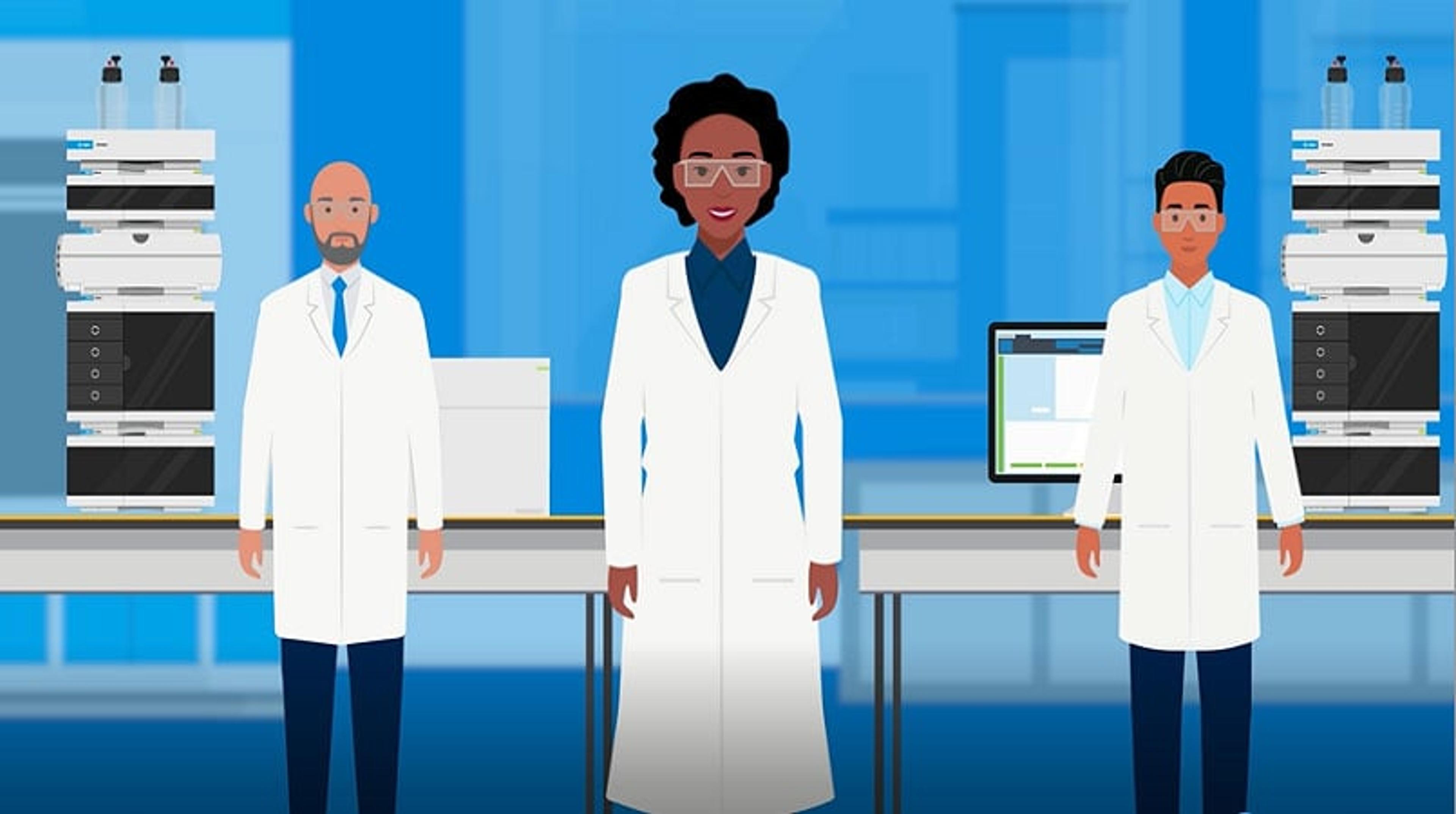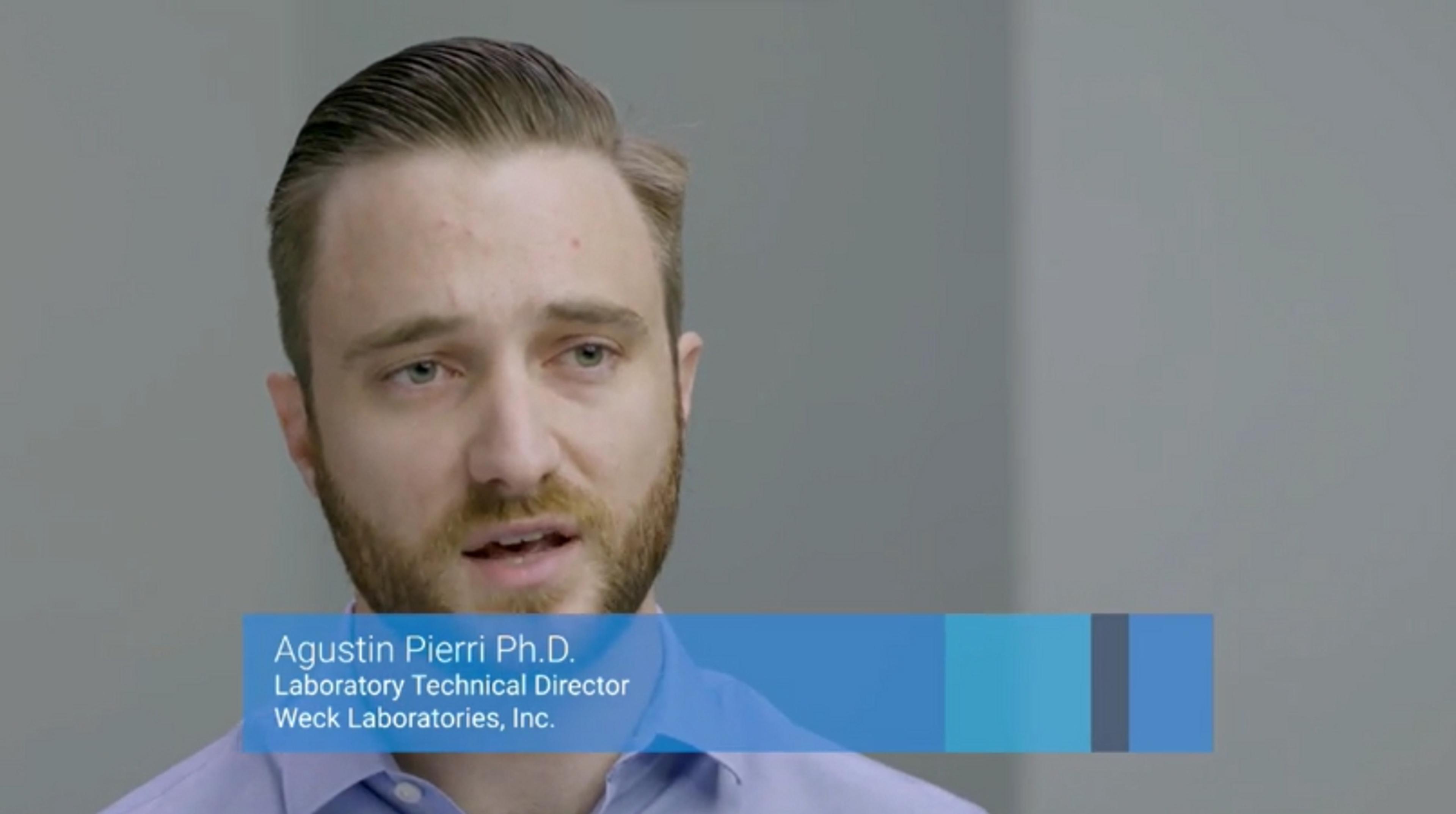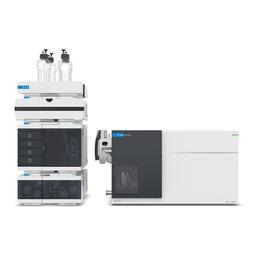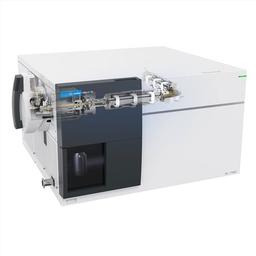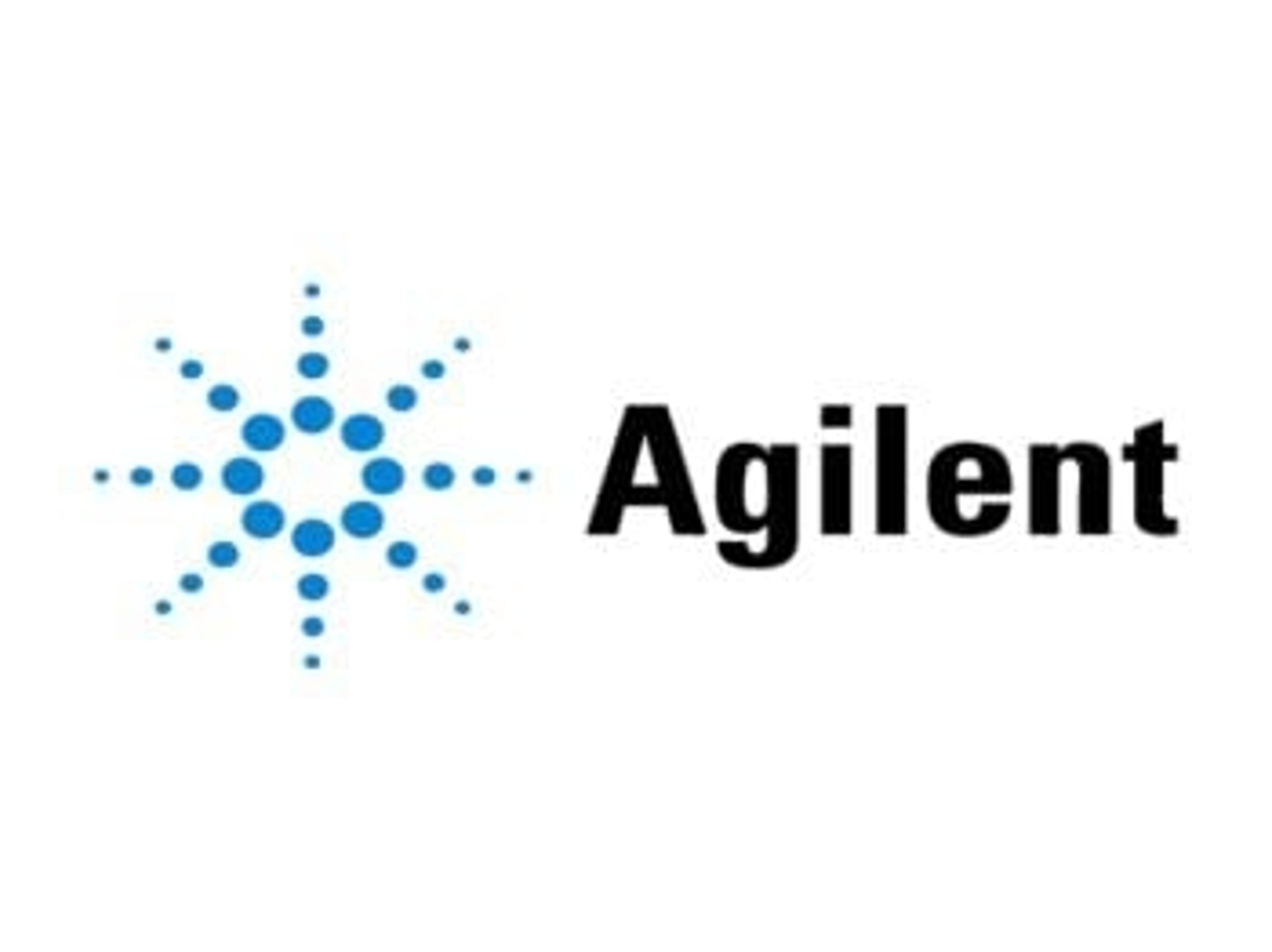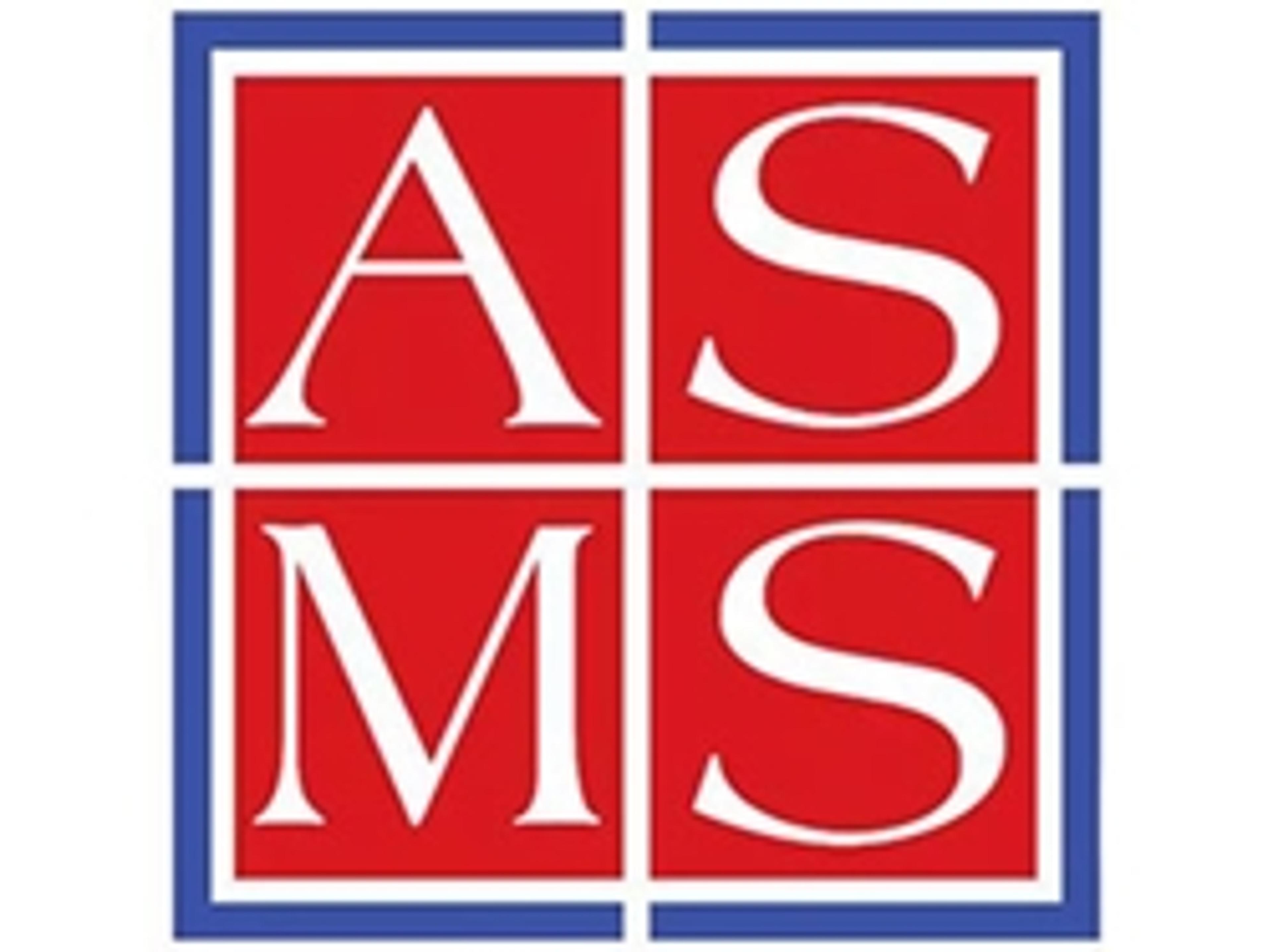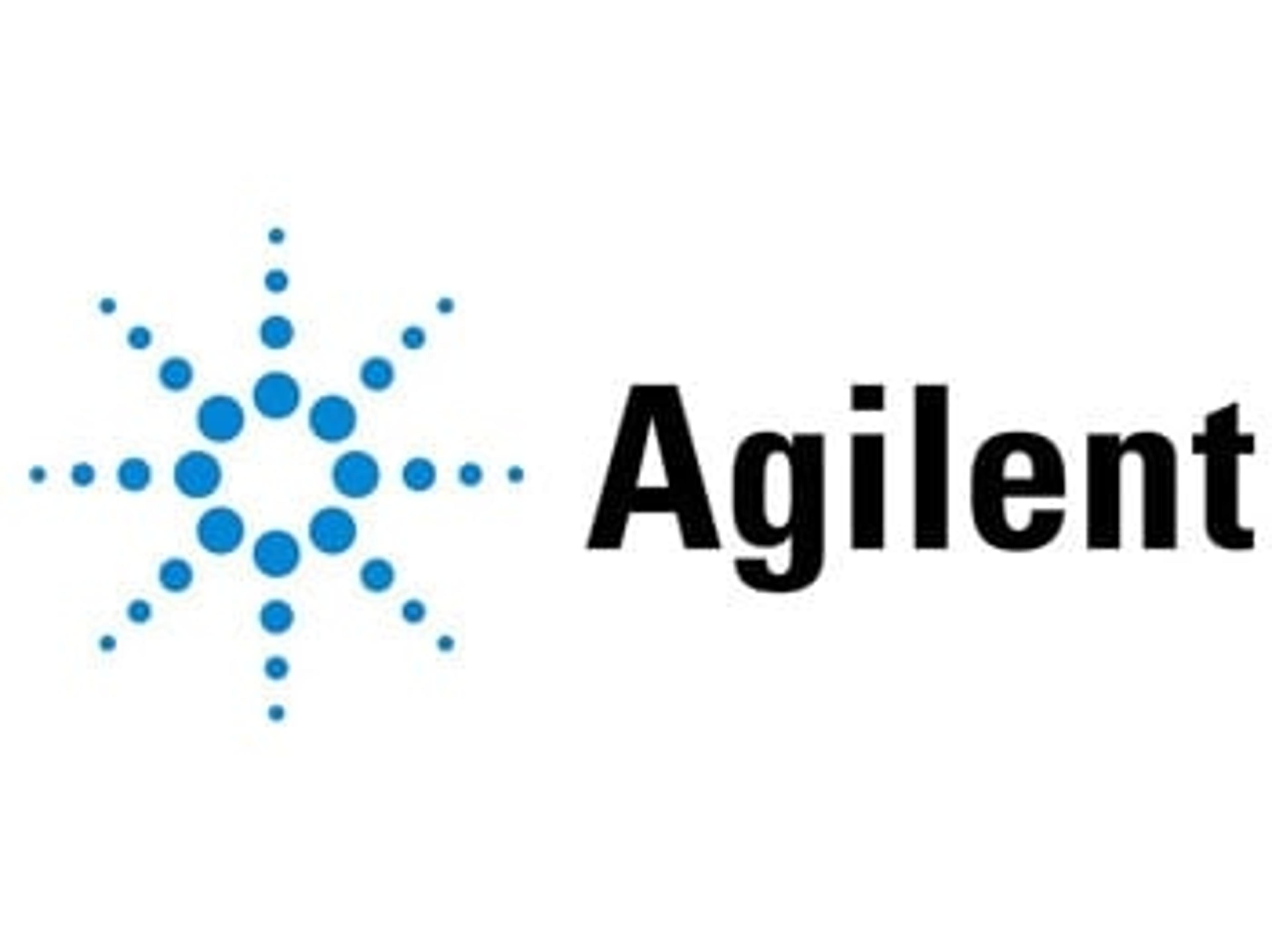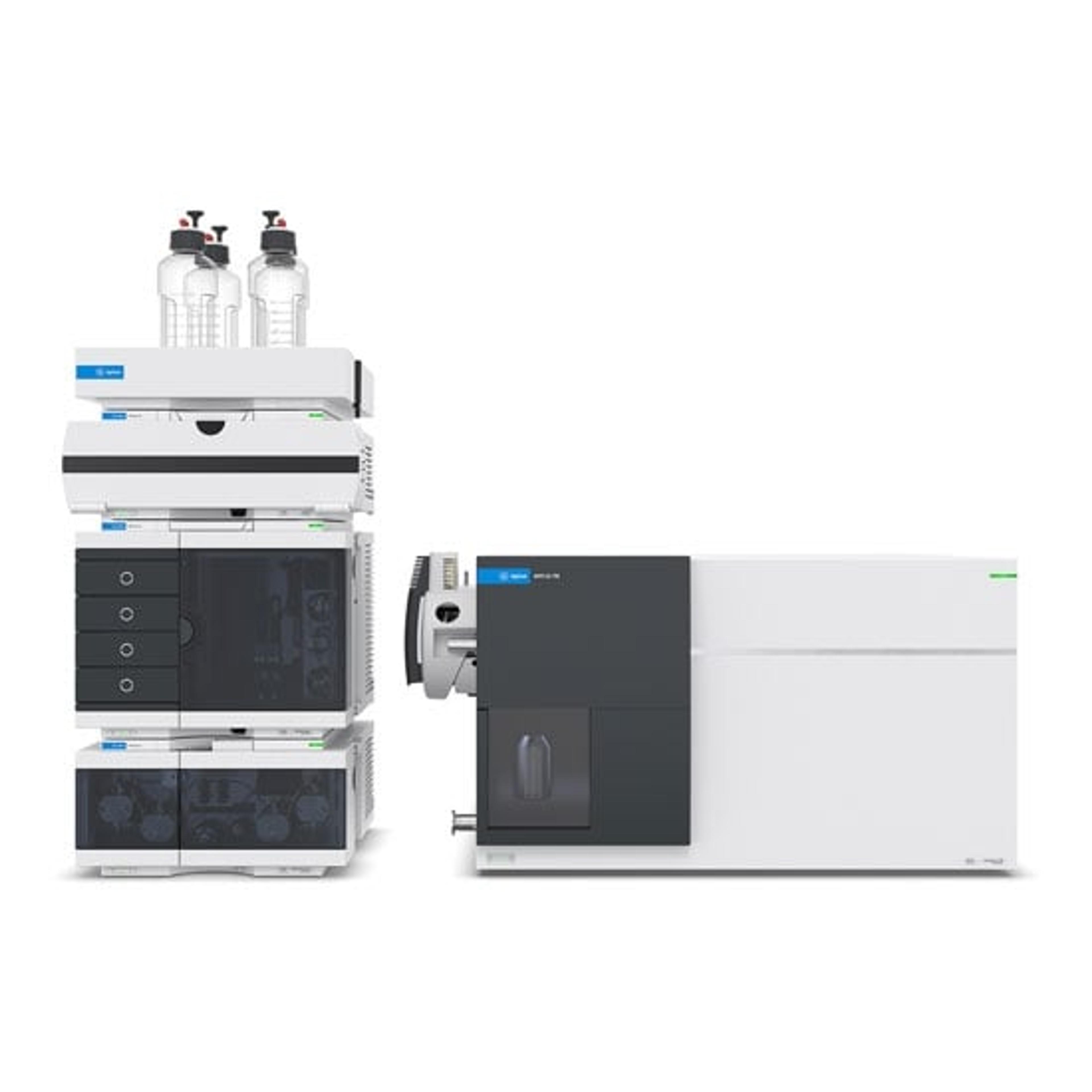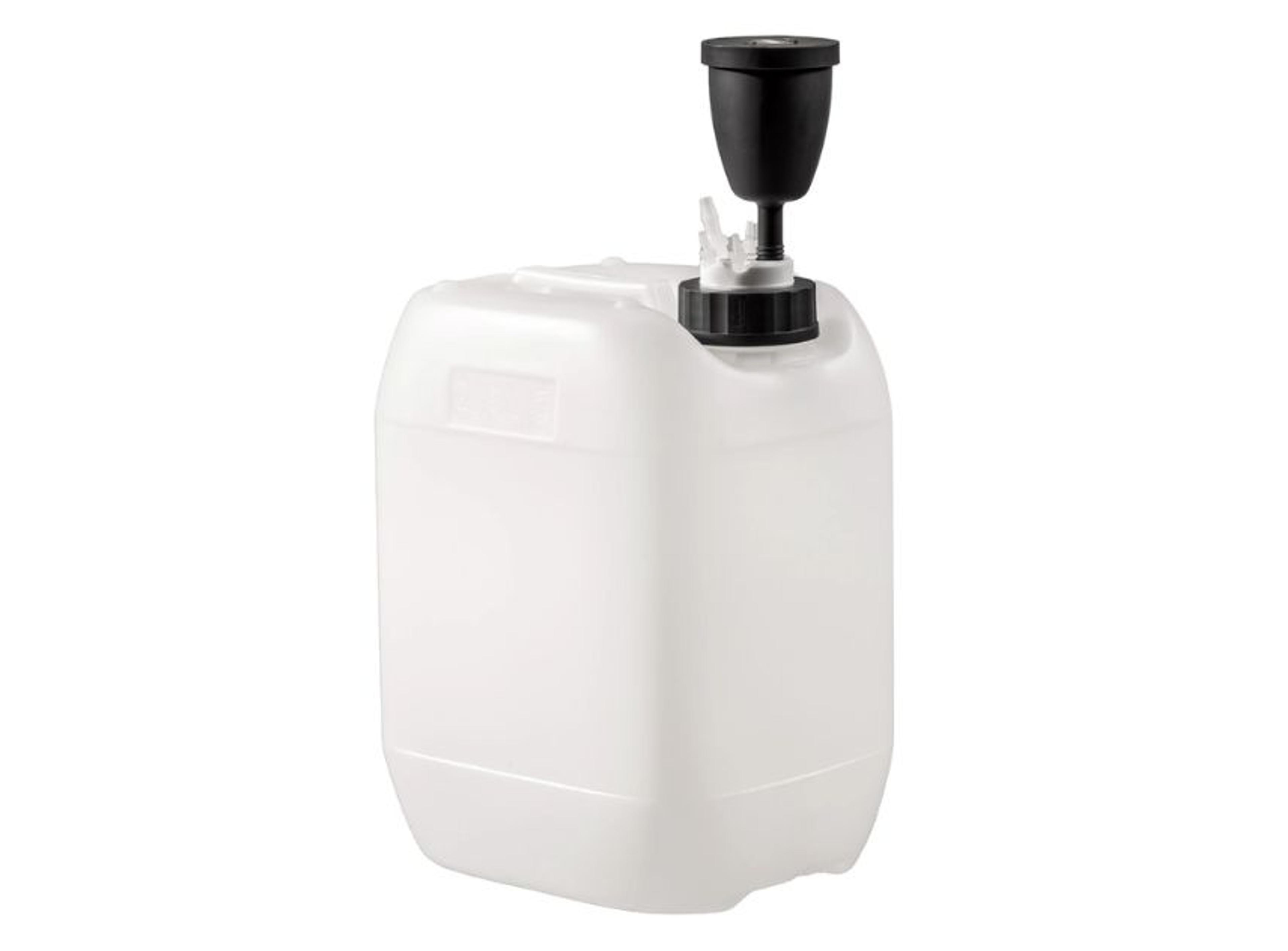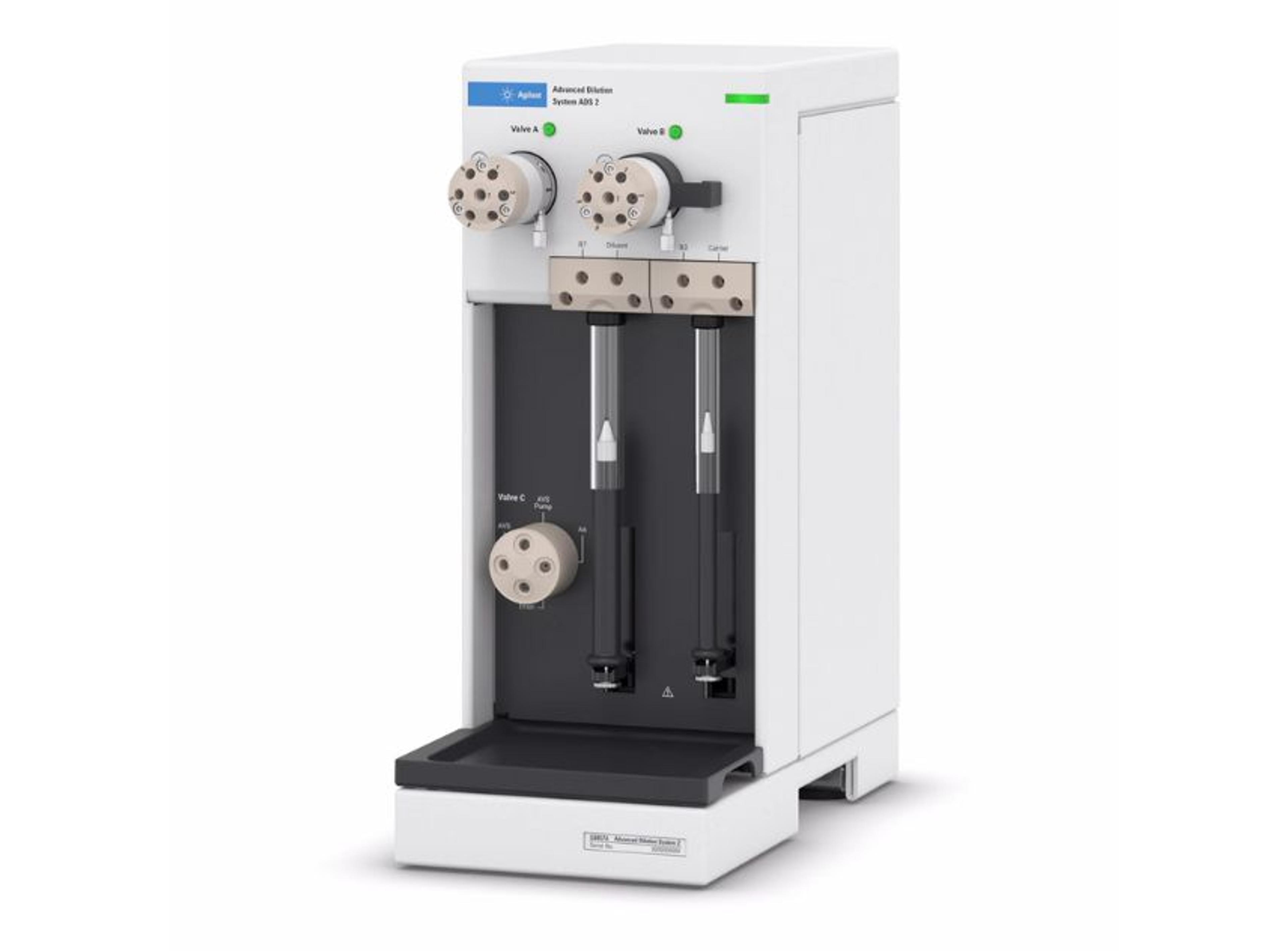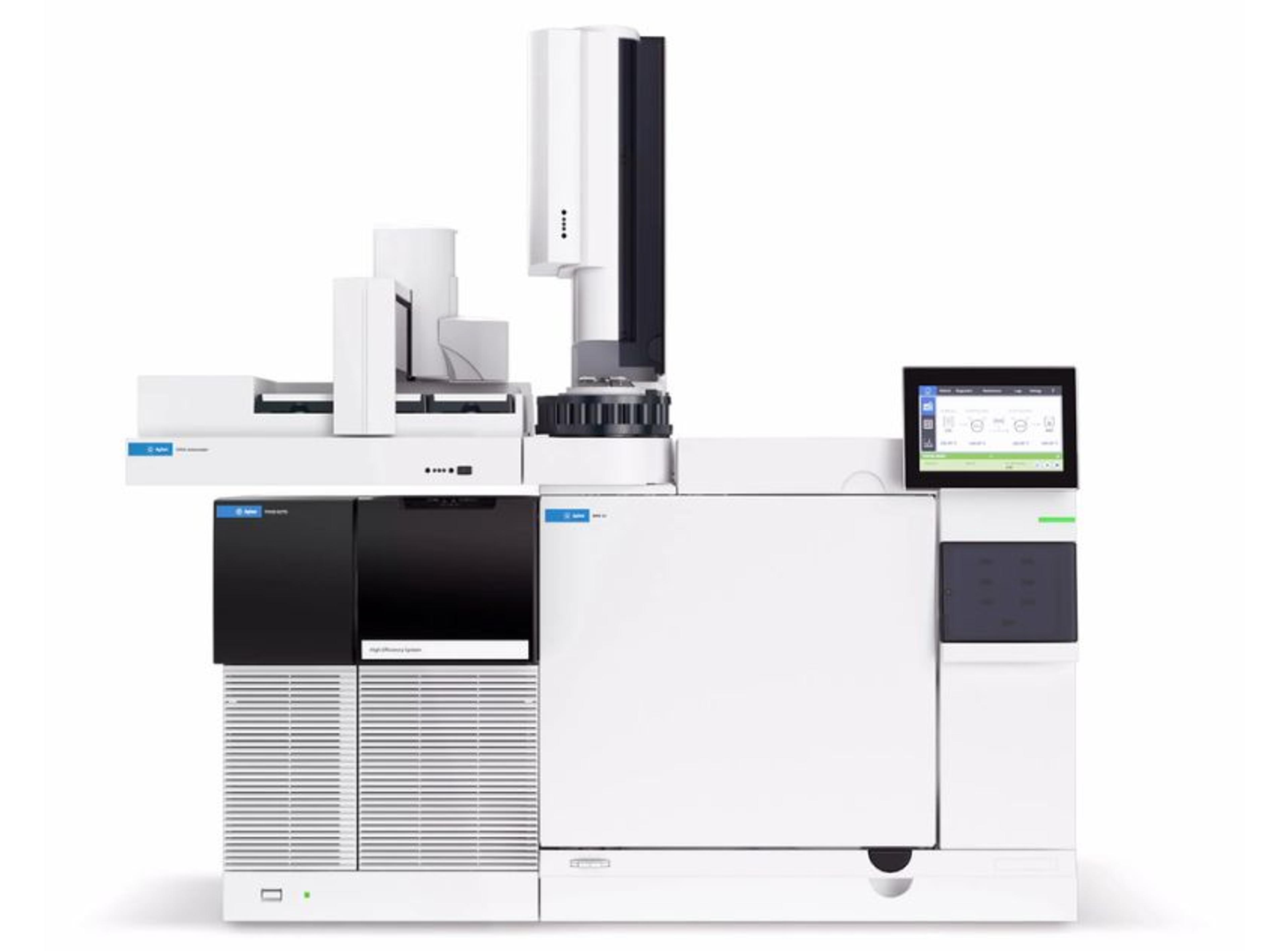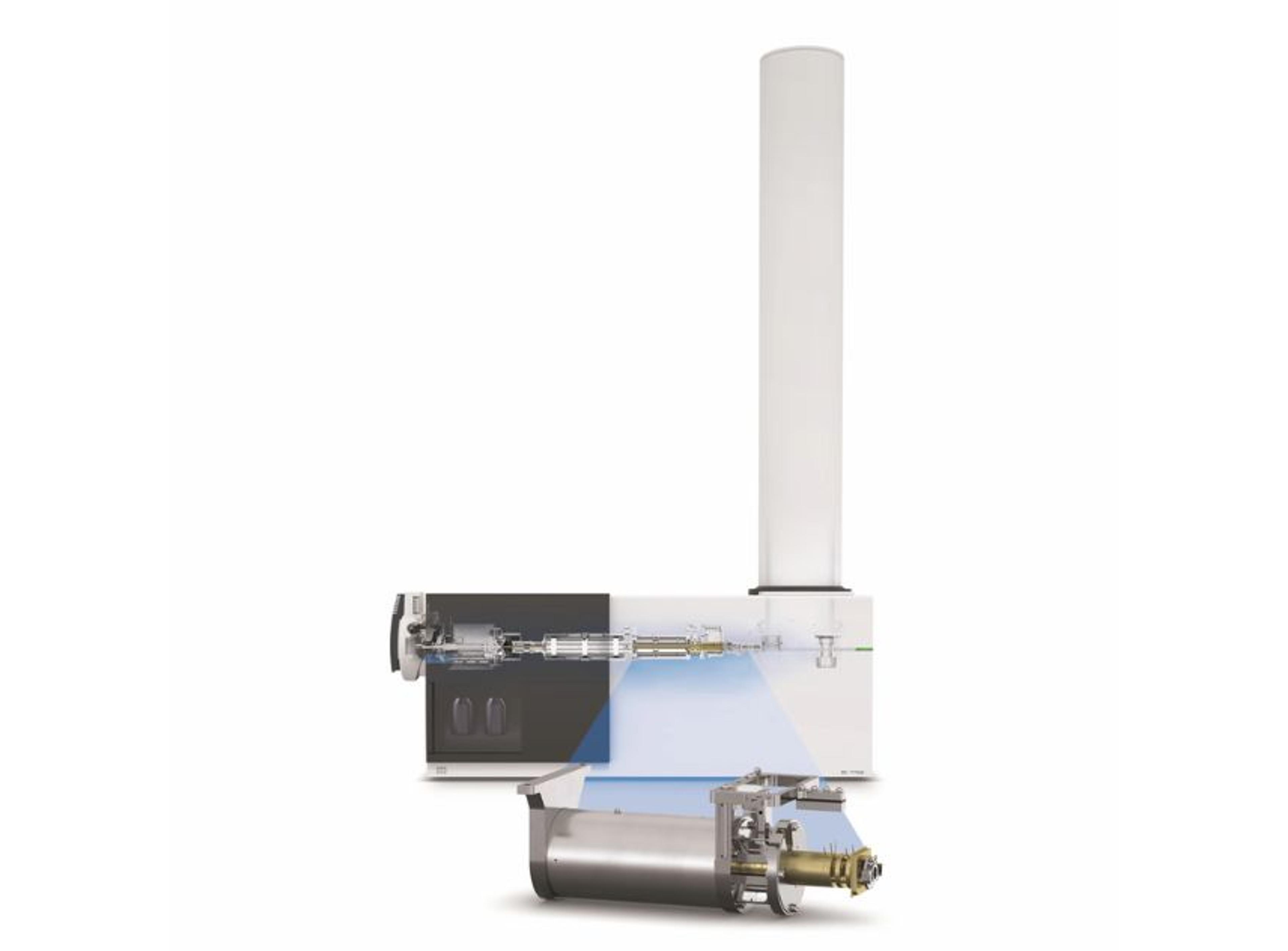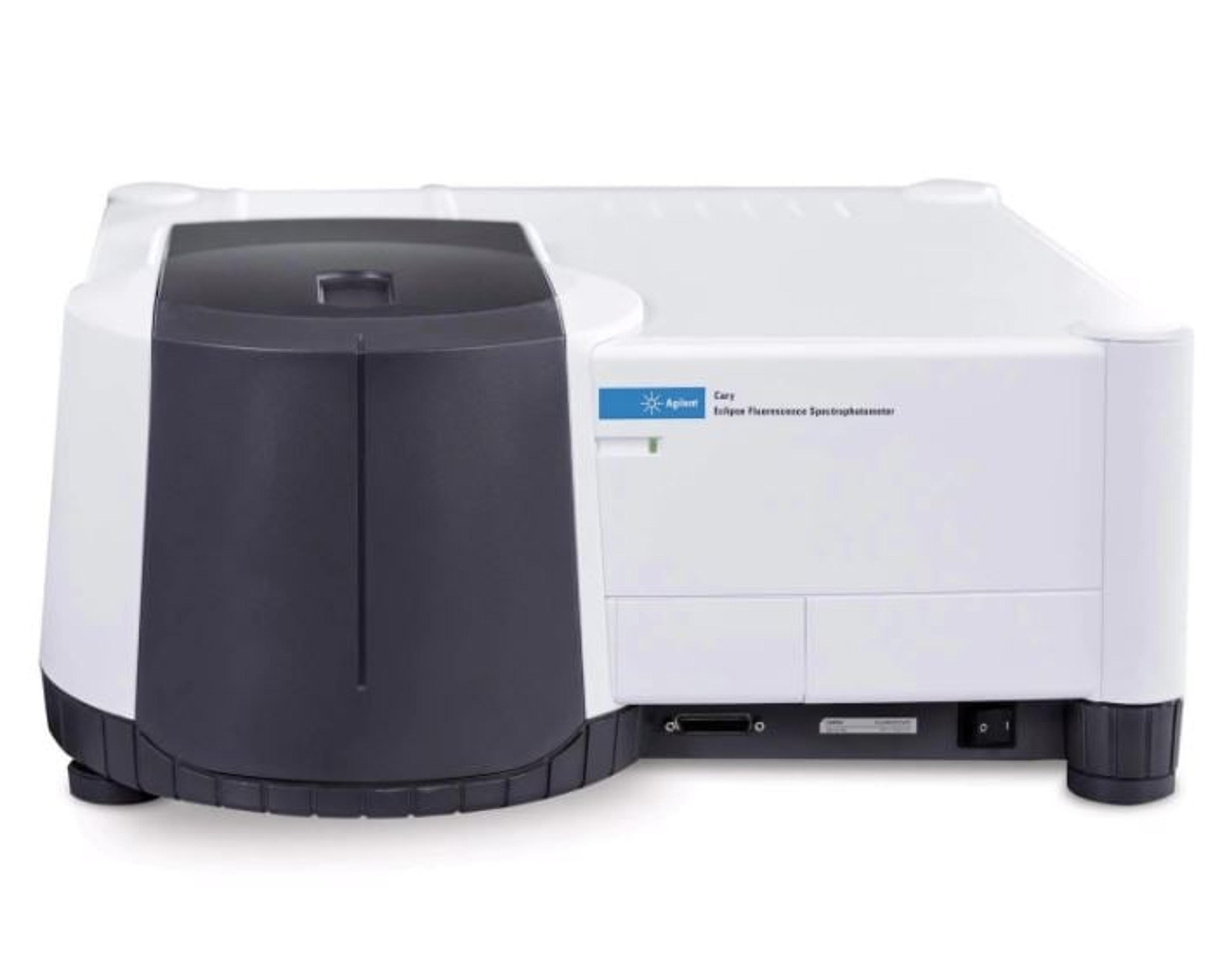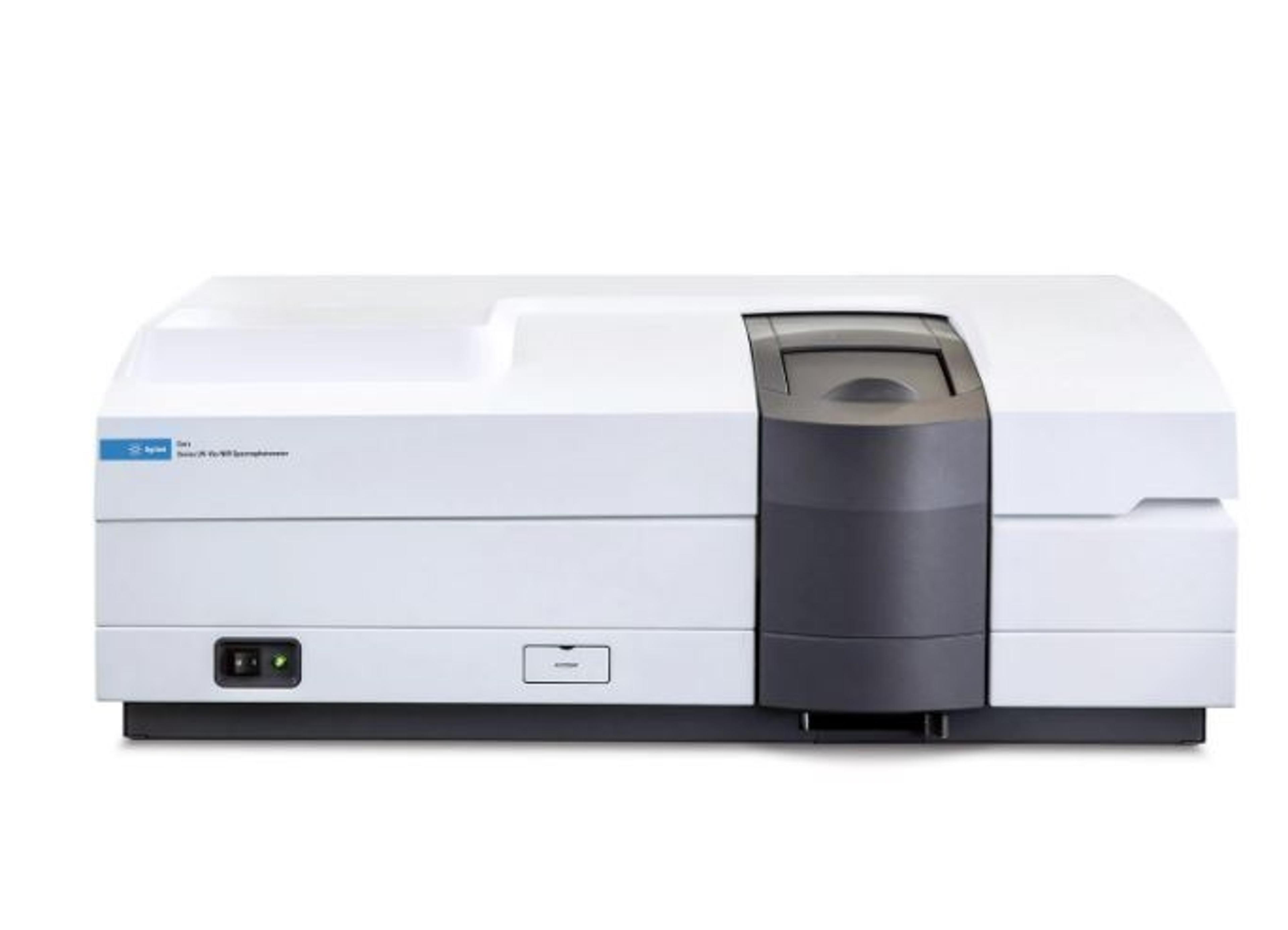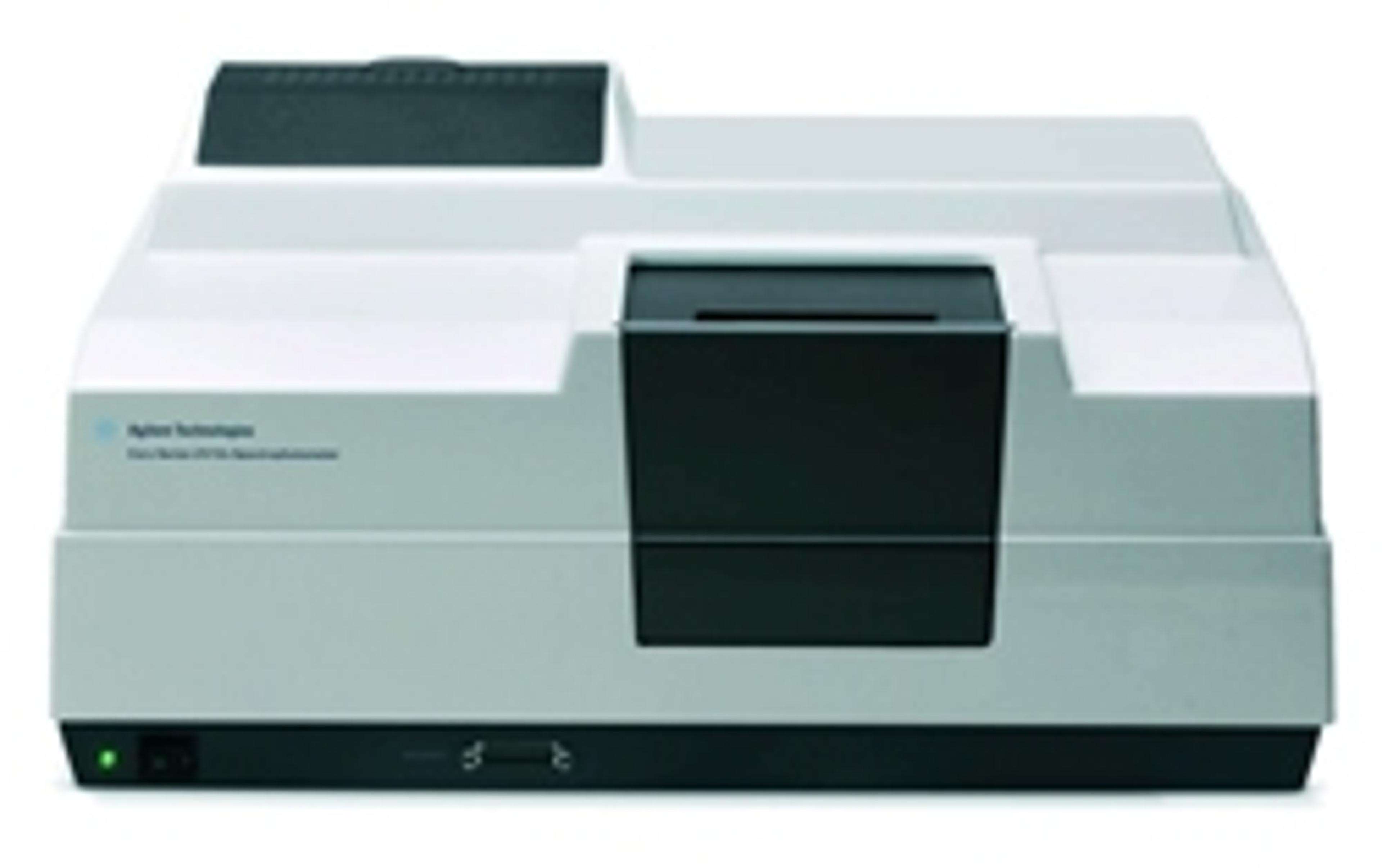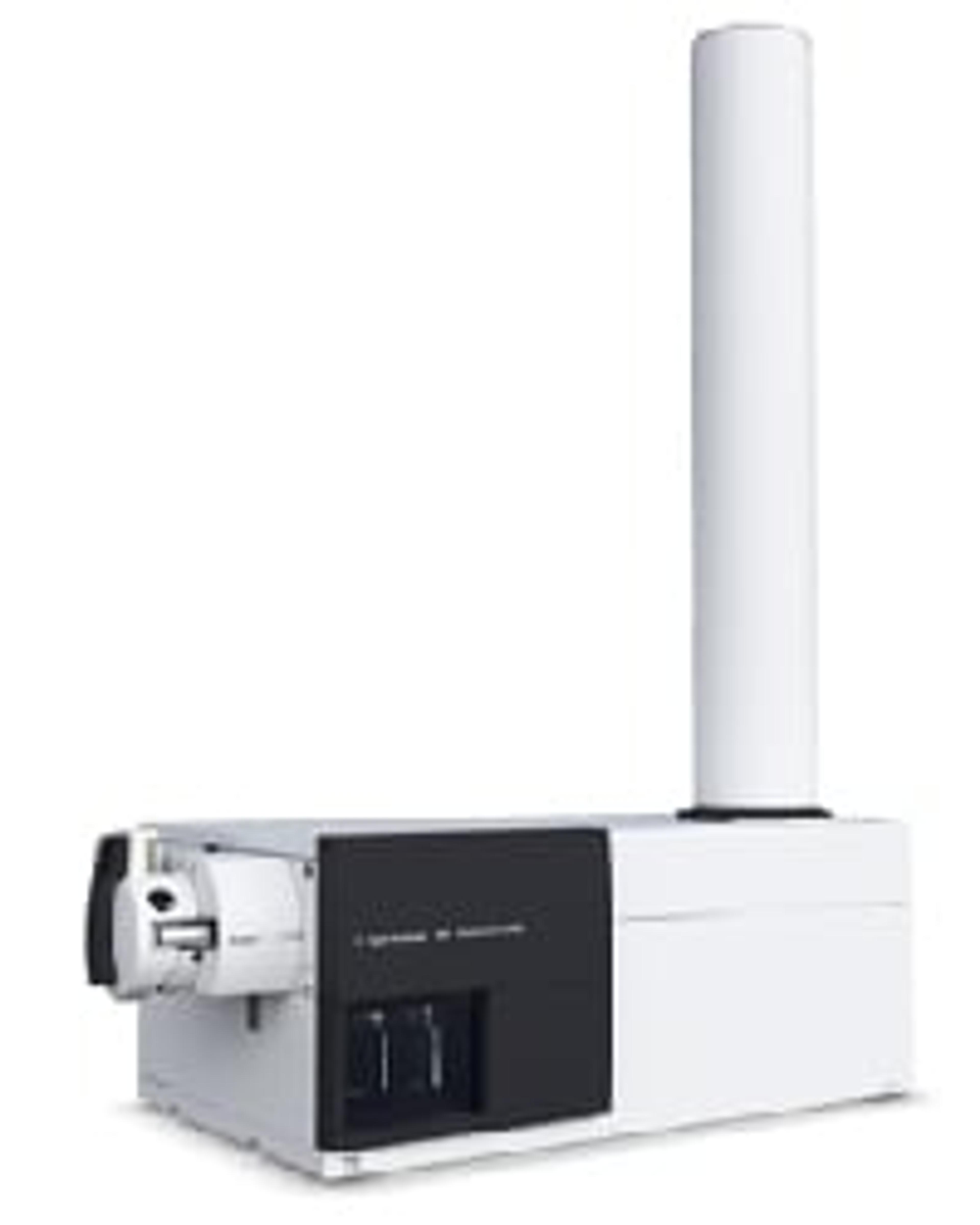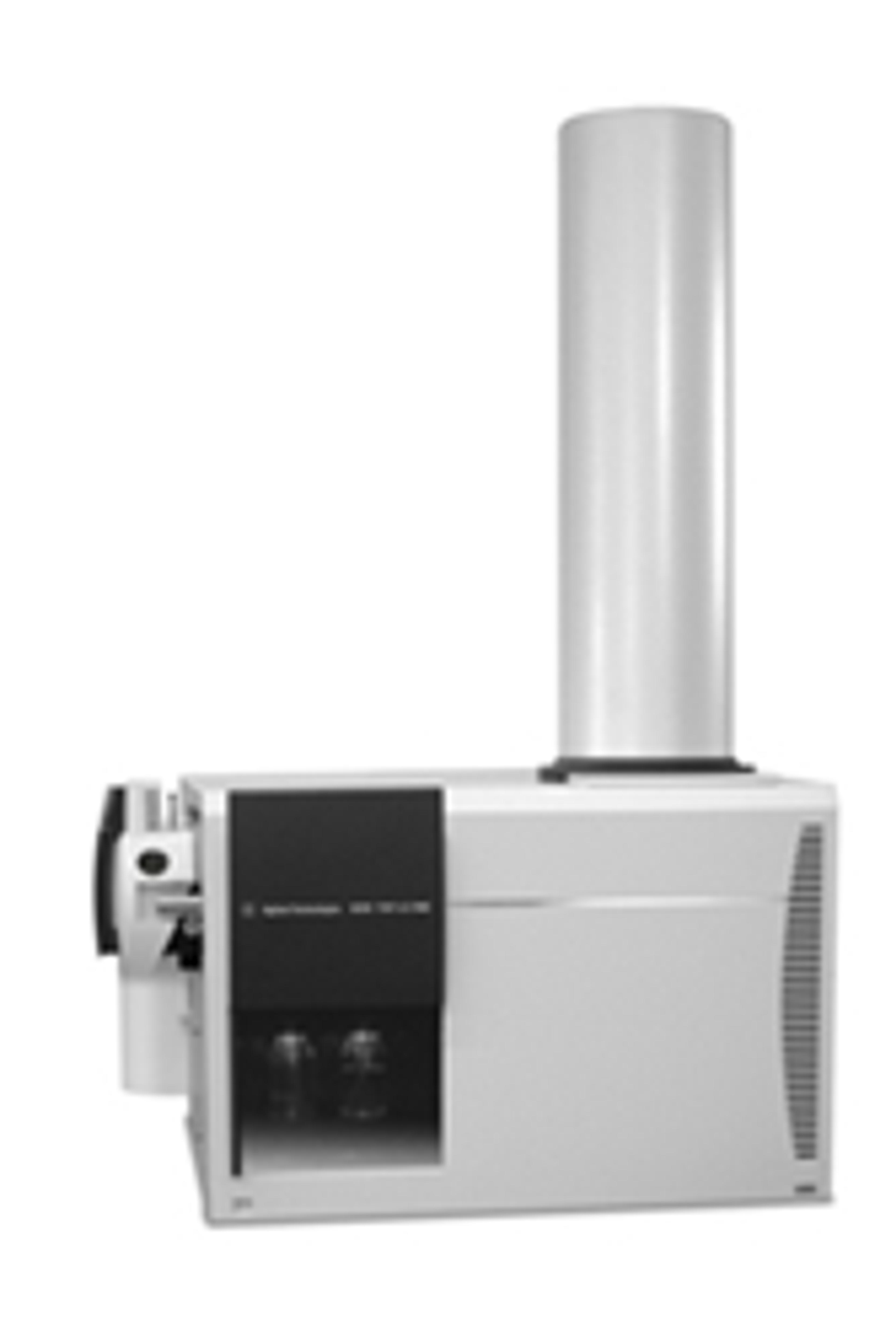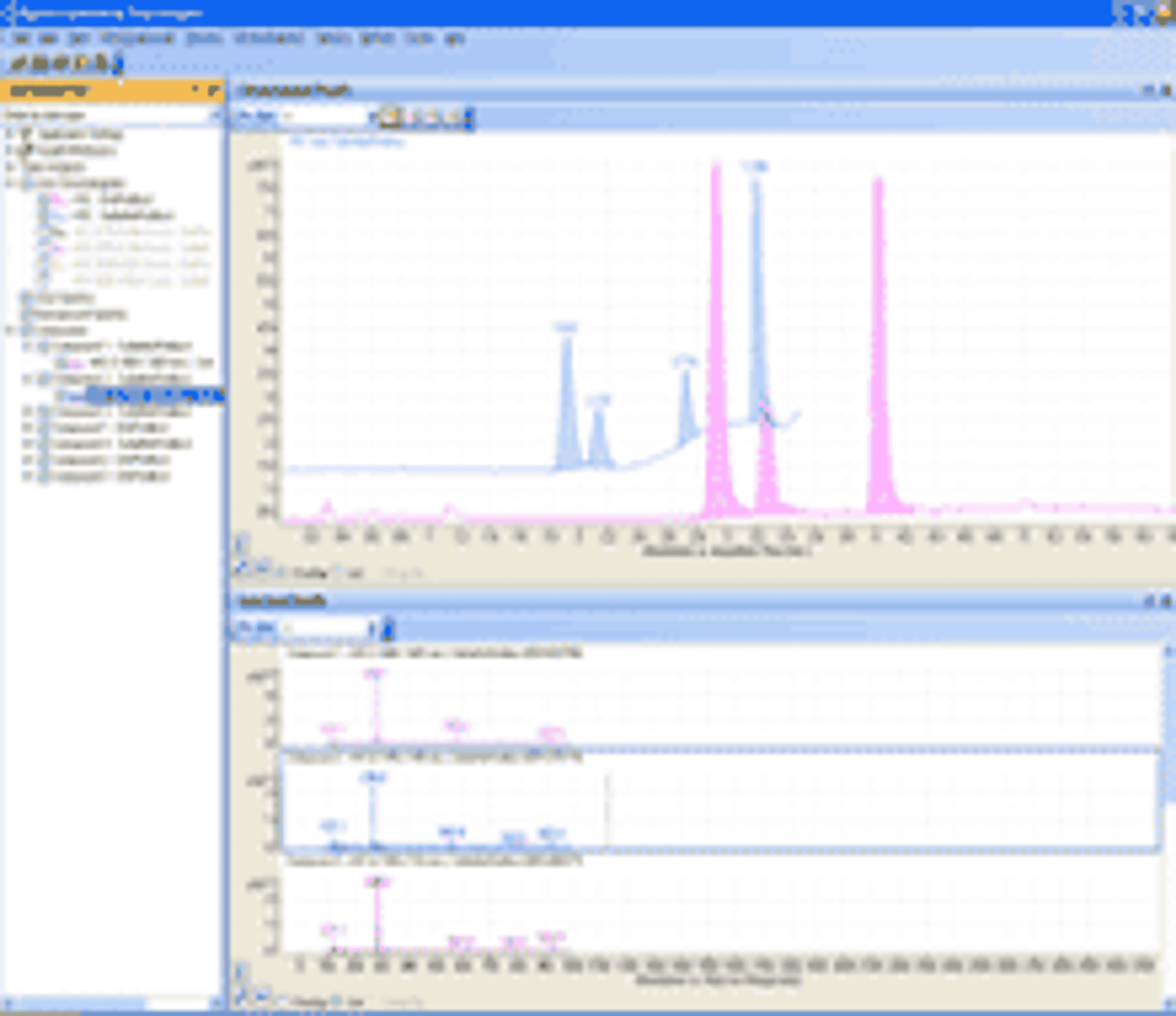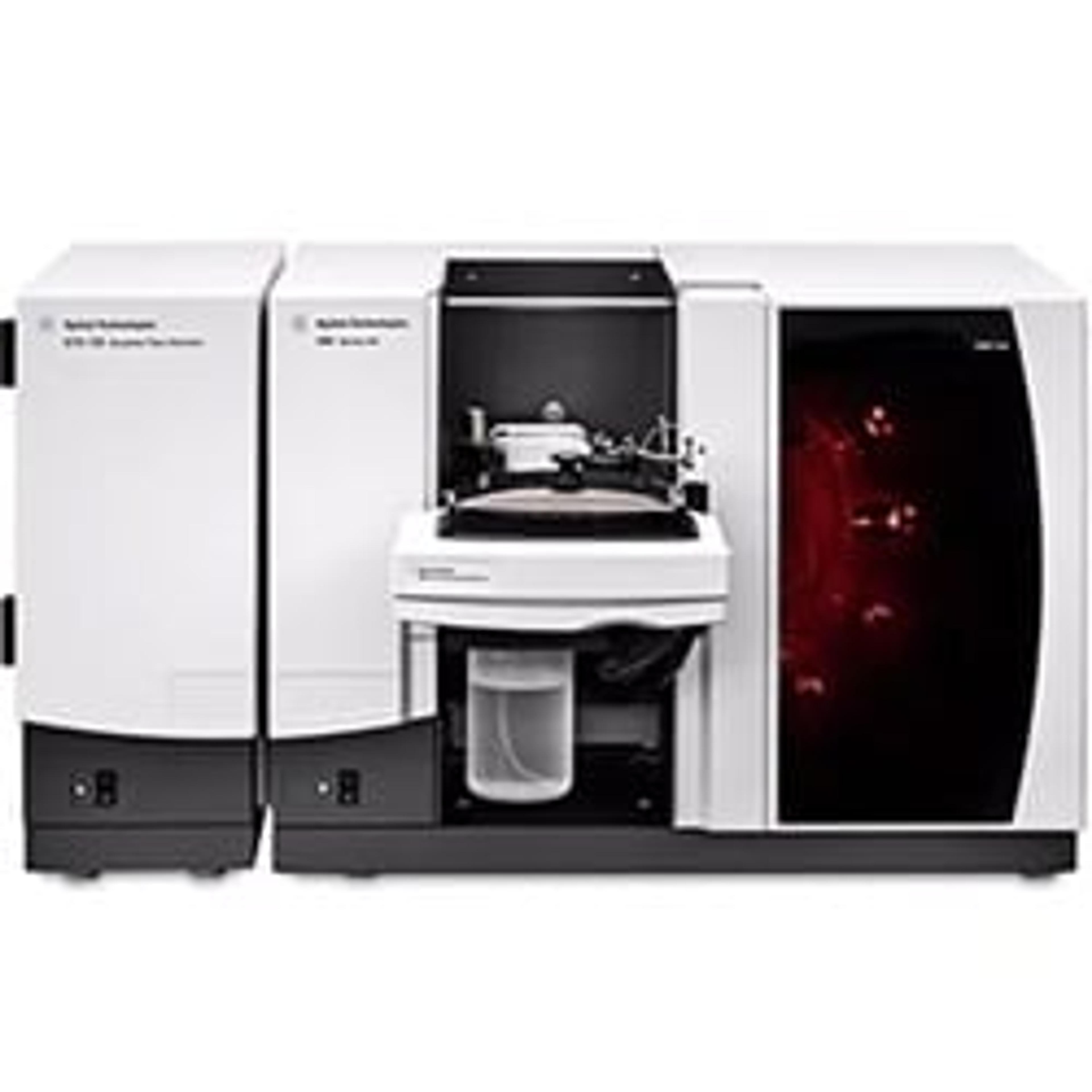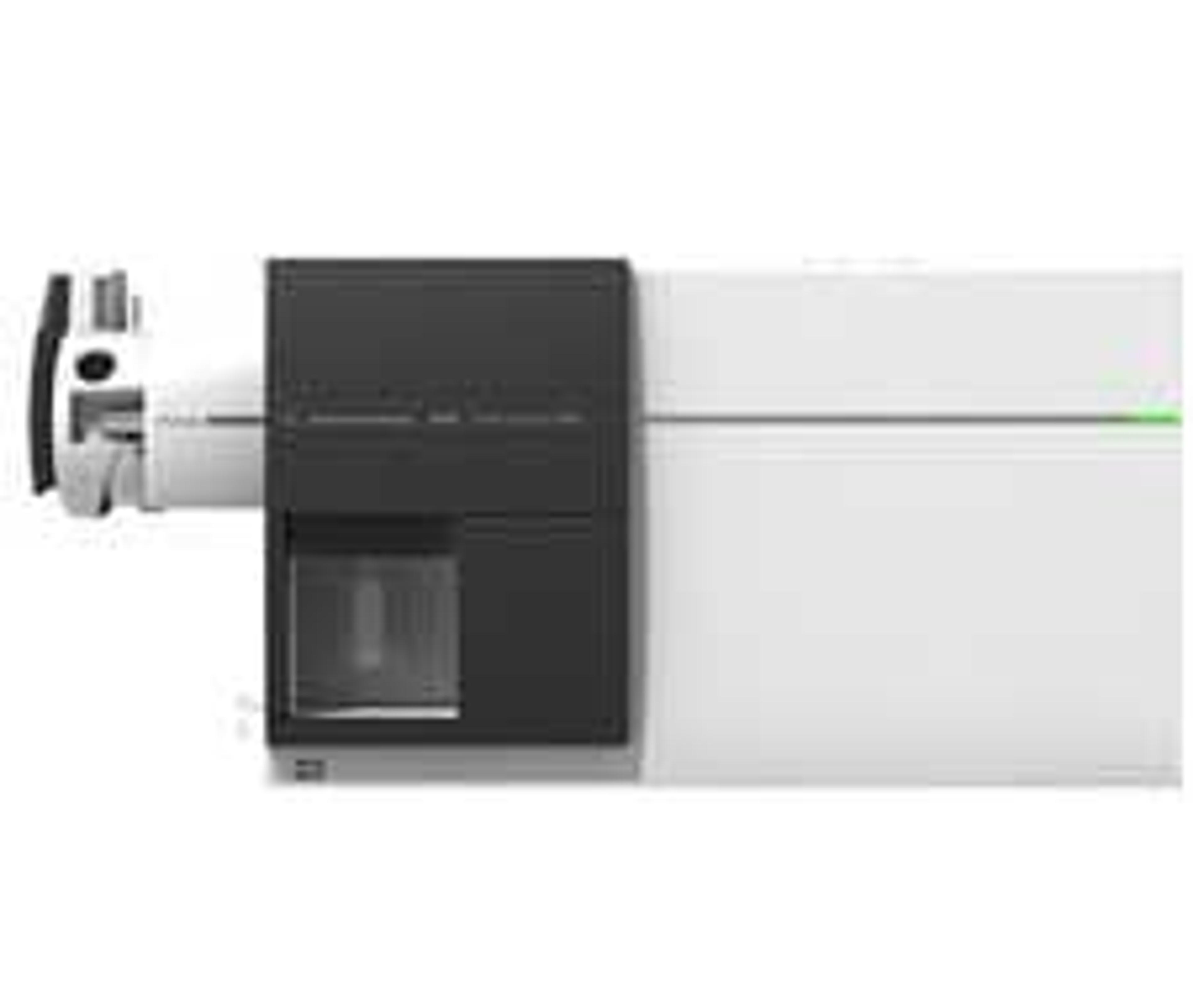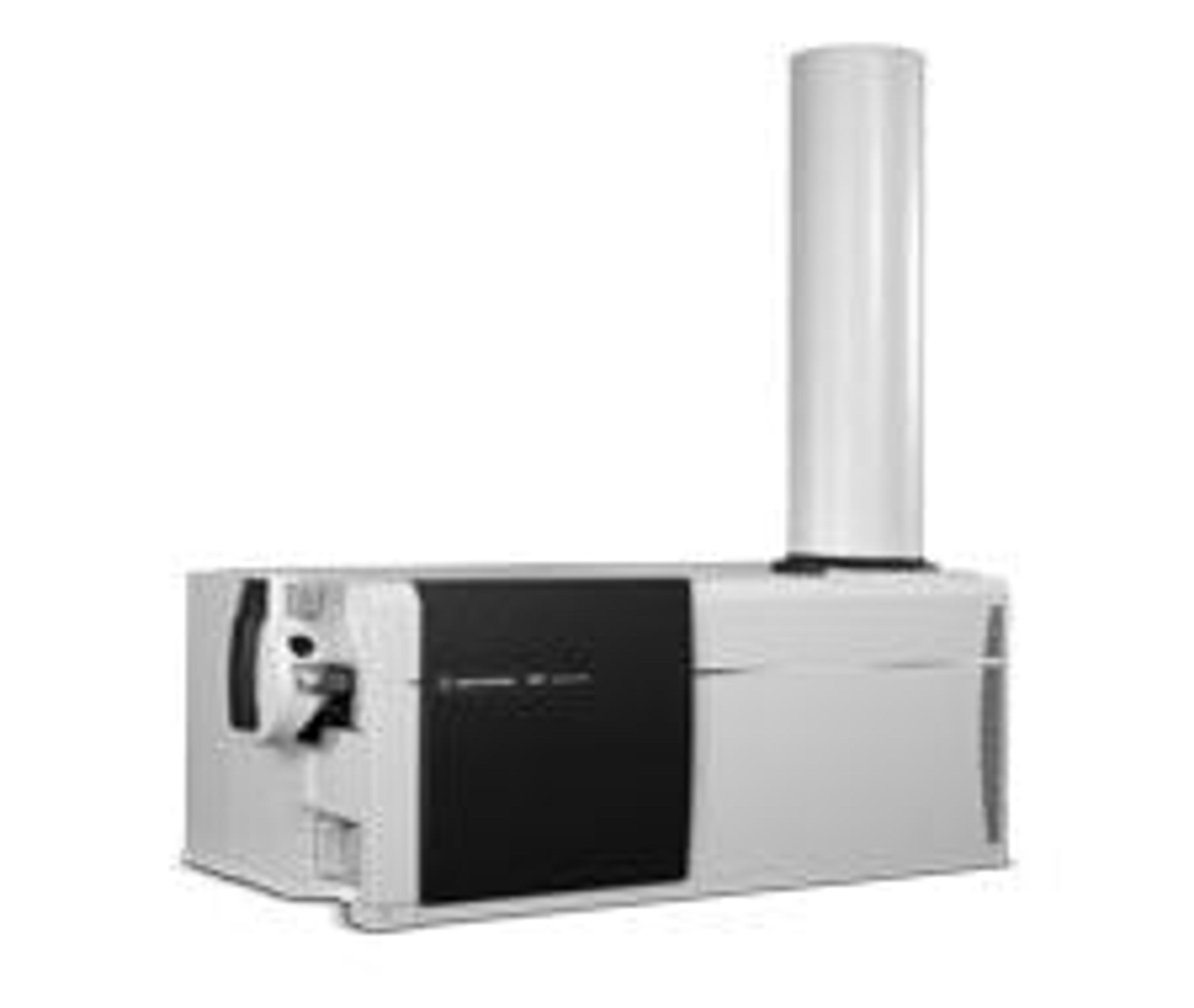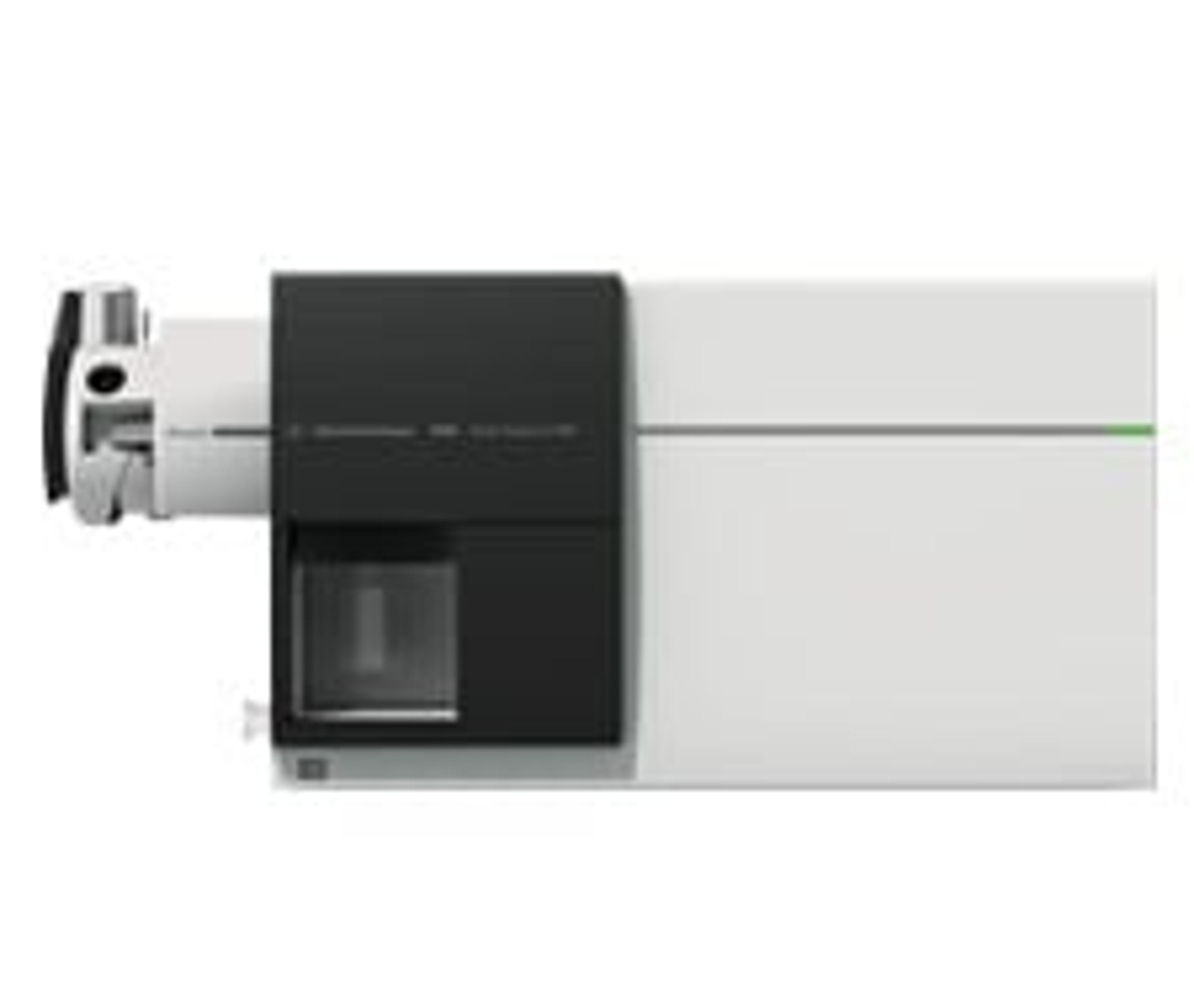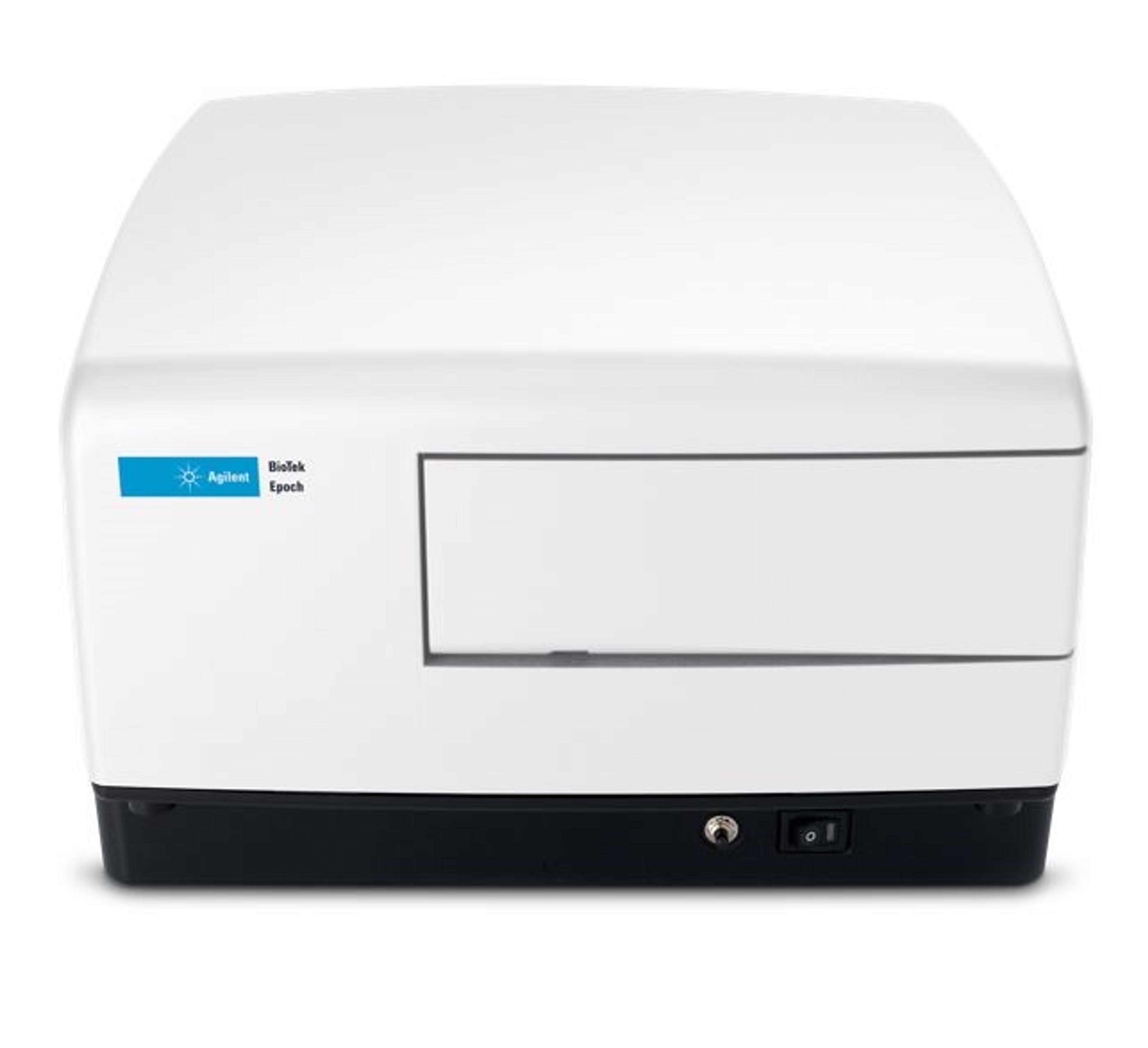6475 triple quadrupole LC/MS
The Agilent 6475 triple quadrupole LC/MS is the next step in evolution, building on the LC/TQ platform that customers trust most. The latest intelligent innovations will empower your lab to meet increasing sample throughput and productivity demands.
Great sensitivity, rapid data acquisition and advanced ionization technology
Peptide separation
The 6475 Triple Quadrupole LC/MS is a cutting-edge instrument that redefines precision and reliability in mass spectrometry. Its unmatched sensitivity allows for accurate detection of trace analytes, while rapid data acquisition ensures high-throughput analyses without compromising quality. Advanced ionization technology minimizes background noise, providing clear spectra for confident identification and quantification. With user-friendly software and robust construction, the 6475 offers seamless integration and long-term stability, making it an indispensable tool for scientific research and industrial applications. Highly recommended for its exceptional performance and versatility.
Review Date: 16 Jul 2024 | Agilent Technologies
Excellent lab products for chromatography
Pesticides enviro forensic
Mass hunter easy software for cool chemists. Very good, economical, user friendly, less maintenance and no troubleshoots.
Review Date: 16 Jan 2024 | Agilent Technologies
Fast analysis, reliable results, professional team of engineer
Restricted substances testing on consumer product
The triple quadrupole LC/MS system can perform different types of analysis even in very low concentration and give reliable results, and their team including application engineers, maintenance engineers give a lot of help on method application and instrument maintenance. The design of Agilent's software is user friendly and efficient, it saves time not only on data analysis but also method development
Review Date: 4 May 2023 | Agilent Technologies
GREAT
Spectroscopy
After-sales care is quickly and the machine's efficiency is great.
Review Date: 4 May 2023 | Agilent Technologies
Easy to use for all users
Ecotoxicology
Easy to develop detection method with optimizer, after-sales department responds quickly, and the offer is lower than other manufacturers
Review Date: 3 May 2023 | Agilent Technologies
Excellent perforamce
Cannabis
Provide lots of application material
Review Date: 2 May 2023 | Agilent Technologies
Awesome product and great service!
Analytical chemistry
Great product! It was recently installed at my undergraduate serving institution. The support from Agilent has been top tier!
Review Date: 2 May 2023 | Agilent Technologies
Sufficient performance for research and university teaching courses Performance suffisante pour la recherche et les cours d'enseignement universitaire
Academic
Suitable for analyzes in university teaching courses (pharmaceutical samples) and academic research. The software platform is similar to what existed. An Agilent technician can be contacted for technical and maintenance issues either by phone or in person. Adéquat pour les analyses dans les cours de l'enseignement universitaire (échantillons pharmaceutiques) et recherches académiques . La plateforme du logiciel est similaire à ce qui existait. Un technicien d'Agilent est rejoignable pour des problèmes technique et de maintenance soit par téléphone ou en présence
Review Date: 2 May 2023 | Agilent Technologies
The best one known yet.
Analytical Chemistry Technology applications
Agilent 6475 LC/MS System:-- Was a much needed and awaited QUANTITATIVE lab equipment even before its arrival. Versatile instrument extending the dynamic range of mass analysis, speed, sensitivity, improved ionization and ion-trapping. These words are not fluff- transfer a quantitative LC-MS/MS method from any equivalent system to the Agilent 6475 system, and let the results speak for itself.
Review Date: 2 May 2023 | Agilent Technologies
Love this instrument!
Cannabis
This instrument has been extremely helpful and easy to use for method development and has no problems handling the cannabis matrix. The LC/MS specialist with Agilent have been amazing to work with. I would make this purchase again in a heartbeat.
Review Date: 2 May 2023 | Agilent Technologies
The Agilent 6475 triple quadrupole LC/MS is the latest evolution of the reliable LC/MS/MS workhorse customers trust the most. This sensitive, robust, and versatile triple quadrupole mass spectrometer employs several technological advantages like the superheated Agilent Jet Stream (AJS) ion source, curved and tapered collision cell, heated hyperbolic quadrupoles, and ± 20 kV high-energy dynode detector system. The 6475 LC/TQ also features instrument intelligence technologies such as early maintenance feedback, scheduled tune and check-tune, and intelligent secondary injection workflows.
Through advanced hardware, required limits of detection for the analysis of pesticides, veterinary drugs, PFAS, nitrosamines, and other regulated methods can easily be achieved day in and day out. Coupled with sophisticated, yet easy to use onboard instrument intelligence, your lab can maximize uptime, maintain peak instrument performance, help anticipate maintenance events, and achieve confidence in your results.
Features:
- Multiple versatile and easy-to-configure ion sources including AJS, ESI, APCI, and MMI allow you to tackle any type of LC/MS analysis
- Wide mass range allows the analysis of ions of various classes and sizes, from small molecules to multiply charged peptides
- VacShield allows you to do front-end ion injector maintenance without breaking vacuum, drastically reducing routine maintenance from at least 6 hours to 30 minutes
- Early maintenance feedback (EMF) provides instrument health and status reports by reporting actively monitored metrics so you can anticipate downtime or address an immediate issue
- Intelligent Reflex ensures that results are within operational limits through active monitoring of sample carryover and samples above calibration range, adding additional blanks or reducing sample volume if one of these conditions is met
- Fast screening workflow with Intelligent Reflex dramatically improves sample throughput with a shortened LC method for screening and a standard method for quantitation; if a target is detected during screening, the sample is reinjected using a standard quantitation method.
- Built-in technical controls combined with procedural controls ensure the security of your data, control access, and facilitate compliance as defined by US FDA 21 CFR Part 11, EU Annex 11, and similar national electronic record regulation


